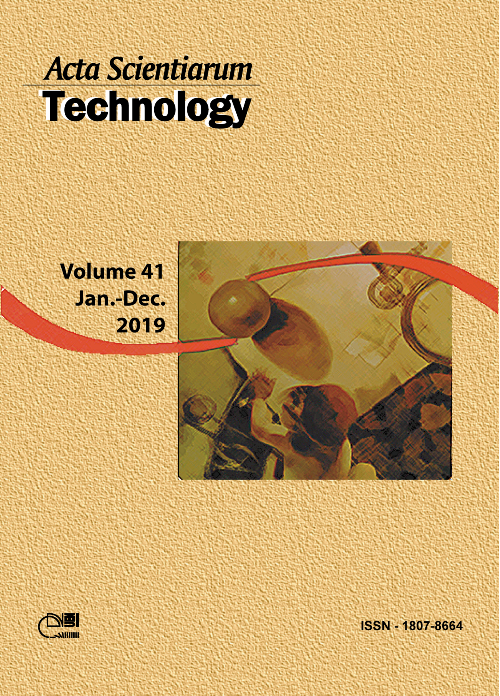DEVELOPMENT OF FUZZY MODELS FOR ASPHALT PAVEMENT PERFORMANCE
Abstract
The objective of this paper was to develop fuzzy models for asphalt pavement performance. The fuzzy logic can convert linguistic or qualitative variables into quantitative values. This feature makes possible the gathering of experts’ experience about the knowledge they have on factors that affect the pavement performance and its state condition. Forms developed in an organized way were applied for acquiring the knowledge from experts on pavement construction and maintenance. The variables pavement age, traffic, International Roughness Index (IRI) and Flexible Pavement Condition Index (FPCI) were associated with numerical scales and linguistic concepts such as new, old, light, heavy, good, fair, and poor. From the information obtained through application forms, the modeling of variables was performed with the aid of software InFuzzy and fuzzy models were developed for IRI and FPCI. For validating the model it was used straight line adjustment of predicted data to the observed ones. It was also determined the corresponding correlation coefficient (r) and the residue analysis was performed. The models developed presented fit to observed data and correlation coefficient r = 0.71 and 0.70, respectively.Downloads
Copyright (c) 2019 Acta Scientiarum. Technology

This work is licensed under a Creative Commons Attribution 4.0 International License.
DECLARATION OF ORIGINALITY AND COPYRIGHTS
I Declare that current article is original and has not been submitted for publication, in part or in whole, to any other national or international journal.
The copyrights belong exclusively to the authors. Published content is licensed under Creative Commons Attribution 3.0 (CC BY 3.0) guidelines, which allows sharing (copy and distribution of the material in any medium or format) and adaptation (remix, transform, and build upon the material) for any purpose, even commercially, under the terms of attribution.
Read this link for further information on how to use CC BY 3.0 properly.





















